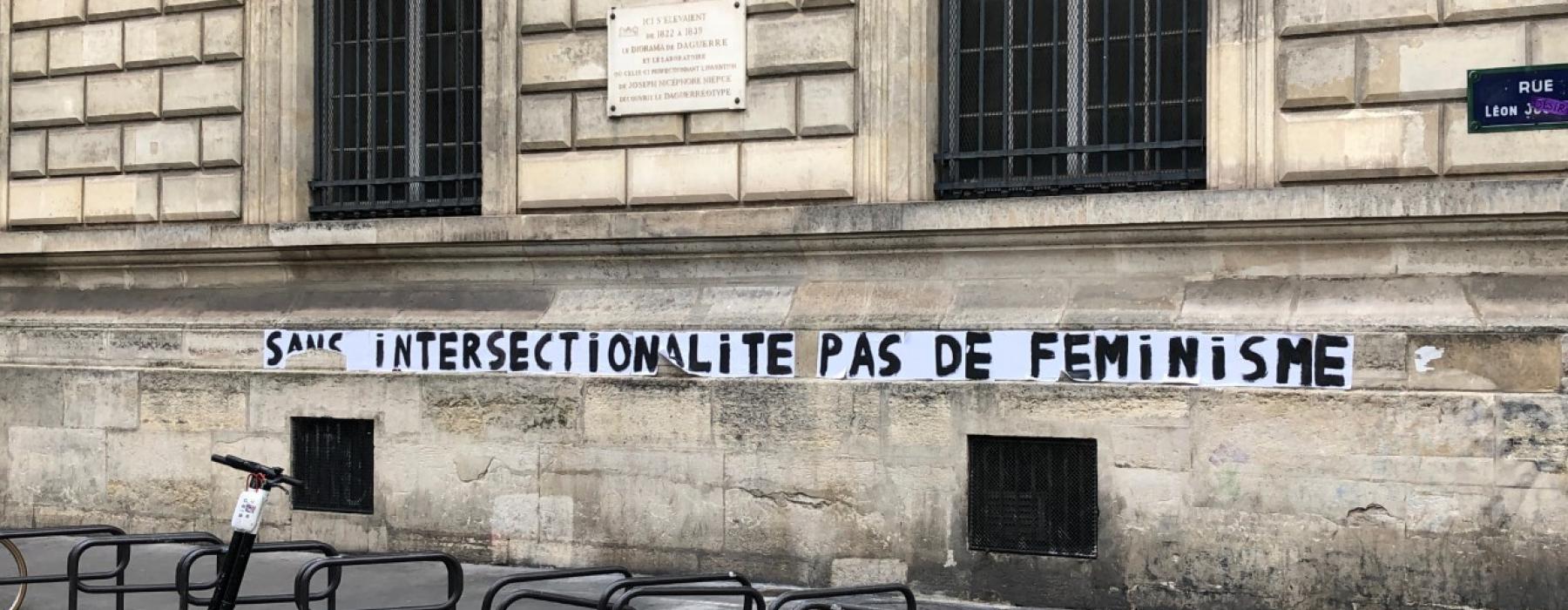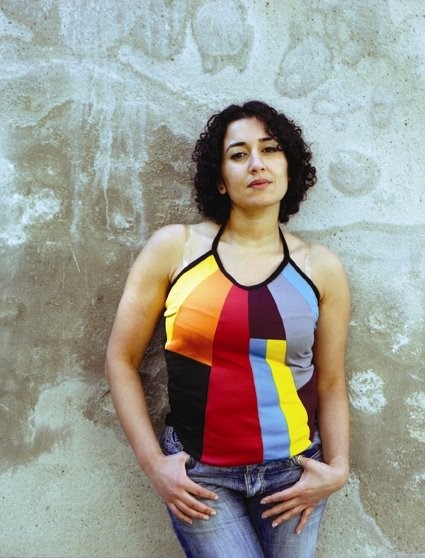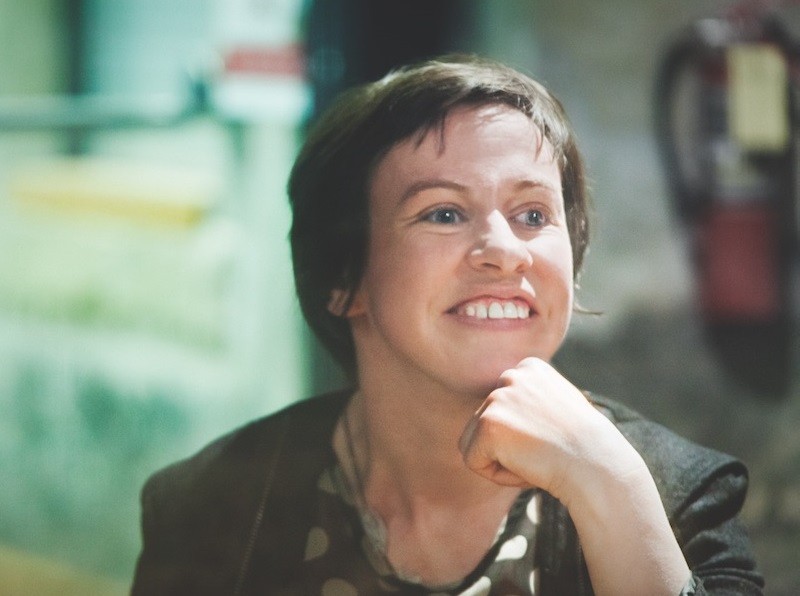
Our thinking about togetherness today, comes in the wake of the recent re-emergence of the term decolonisation to describe strategies for rendering institutions more just, more inclusive. Such demands for decolonisation (beyond earlier appeals for diversity) have raised questions about who does, from what positionality, and how such justice work in and outside the institution should be done. This has also raised concerns from diverse corners about reductive forms of identity politics, grounded in notions of incommensurable difference, with its presumed negative effects, including the splintering of society. Thank you to Amal Alhaag for inspiring our notion of "togetherness" in the curation of the exhibit: Diasporic Self: Black Togetherness As Lingua Franca.
While taking such concerns seriously, our approach to togetherness draws on what increasingly has been referred to in as ‘intersectionality,’ a concept that emerged from and that has had a century-long history based in US- Black intellectualisms. Rather than splintering, we are interested in how such a concept bridges the plural ways in which rules of normalcy other us in different ways, other each other, and notably our museum’s visitors and potential visitors through categories understood socially as: dis/ability, gender, geographic birthplace, neurological sensibilities, race, and sexuality.
How can being and labouring together recover the notion of identity politics that do not elide difference, but is also not anchored in ideas of incommensurability? What histories of mobilisation across difference can we draw on to imagine and fashion as part of practices for creating more just and equitable future? How can we enable cultural institutions to implement daily working practices that allow for more inclusivity and accessibility? How might we create heritage institutions for everyone?
Critical Visitors, Heritage Institutions for Everyone is an NWO Creative Industries: Smart Culture – Arts and Culture funded project that includes several other institutions such as Imagine IC, the Stedelijk Museum, and the Van Abbemuseum.

